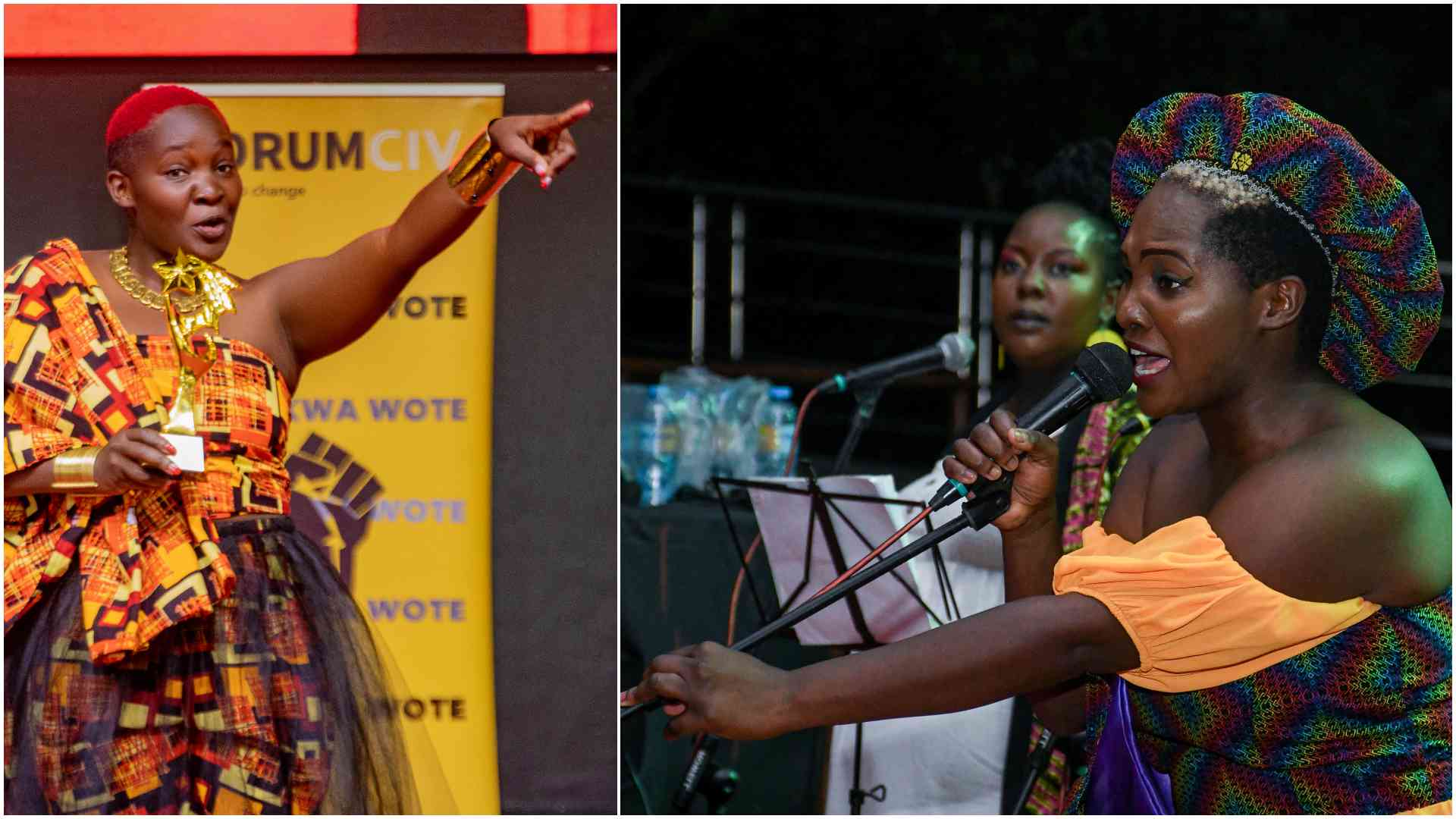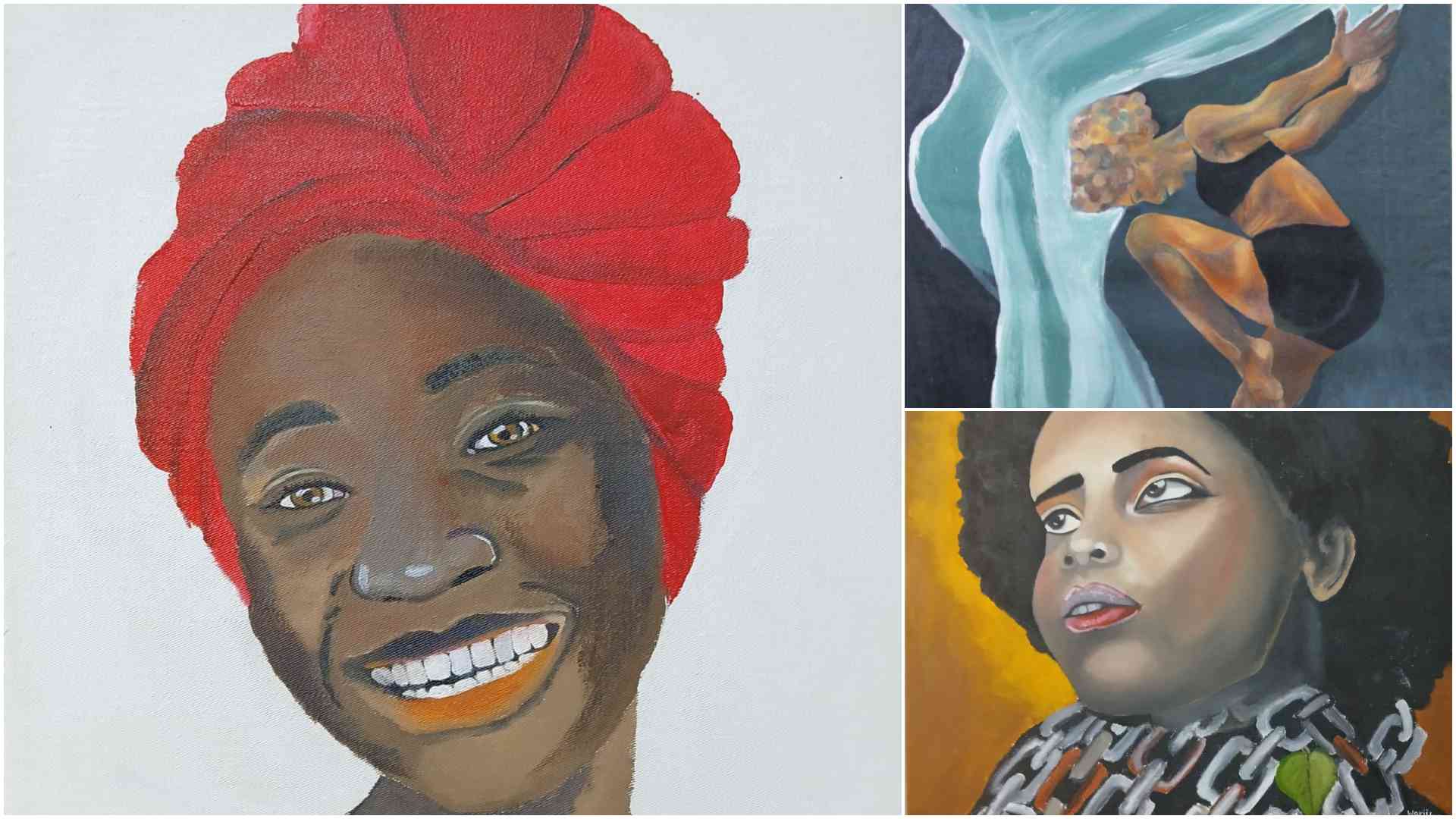
George Orwell is best known for his classic novel Animal Farm, where he masterfully critiques totalitarianism and the corruption of revolutionary ideals. Through an allegory of the Russian Revolution, Orwell exposes how noble aspirations can be warped by those in power, leading to betrayal and oppression.
However, less celebrated is his essay “Notes on Nationalism”, written in 1945, which remains strikingly relevant even today. In this essay, Orwell examines the concept of nationalism, not as loyalty to one’s country, but as an intense and often irrational attachment to an ideology, cause, or group. He warns of the dangers of negative nationalism, which fosters division and self-righteous superiority, contrasting it with patriotism, which is grounded in love for one’s homeland and a sense of collective responsibility.
One of Orwell’s observations in the essay, “Each generation imagines itself to be more intelligent than the one that went before it, and wiser than the one that comes after it,” resonates profoundly in Kenya’s current socio-political climate.
There is a growing tendency among the youth to view the older generation with dismissive contempt, often blaming them for the nation’s challenges while elevating themselves as the harbingers of change. This narrative, amplified in recent political agitation and social discourse, risks creating a dangerous divide. The youth’s dismissive tone, evident in the casual branding of their predecessors as “cowards” or “failures,” oversimplifies history and ignores the struggles and sacrifices that paved the way for today’s freedoms.
Kenya’s older generation endured a dictatorial regime, economic hardship and limited opportunities while laying the foundations for a democratic society. The freedoms and platforms the youth now enjoy, including social media and spaces for activism, are fruits of battles fought by those who came before. Yet, this context is often overlooked, as the youthful generation, emboldened by technology and global exposure, appears fixated on highlighting the shortcomings of their predecessors. Orwell’s caution about generational arrogance is as relevant as ever. Intelligence without wisdom, especially the kind gleaned from historical understanding, is a fragile tool for addressing complex societal challenges.
The metaphor of a tree aptly captures this dynamic. The youthful generation, represented by tender branches, vibrant leaves, and flowers, often perceives the trunk and roots—the older generation—as unsightly, outdated, or irrelevant. Yet, it is the roots and trunk that anchor the tree, drawing nourishment from the soil and providing the strength that allows the foliage to flourish.
Without the unseen labour of the roots or the sturdy support of the trunk, the branches would wither, the leaves would fall, and the flowers would fail to bloom. This interdependence is essential to the tree’s survival, just as a nation’s progress relies on the collaboration and mutual respect of all generations.
Recent events in Kenya, have showcased the energy and innovation of the youth. Their boldness and creativity are vital for addressing challenges, such as corruption, inequality, and unemployment. However, these potential risks are undermined by an attitude of arrogance and blame. The tendency to dismiss the older generation as the source of all problems, without acknowledging their contributions or the context of their struggles, fosters division and weakens the collective effort needed for nation-building.
The older generation must recognise the frustrations of the youth and create opportunities for their leadership, while the youth must modulate their criticisms with a willingness to learn from history and build on the foundations laid before them. The challenges Kenya faces today, whether economic, political, or social—are complex and demand a united approach, not a competition of generations.
Ojwang is an English Literature teacher at St. Georges Girls, Nairobi.
 The Standard Group Plc is a multi-media organization with investments in media platforms spanning newspaper print
operations, television, radio broadcasting, digital and online services. The Standard Group is recognized as a
leading multi-media house in Kenya with a key influence in matters of national and international interest.
The Standard Group Plc is a multi-media organization with investments in media platforms spanning newspaper print
operations, television, radio broadcasting, digital and online services. The Standard Group is recognized as a
leading multi-media house in Kenya with a key influence in matters of national and international interest.





















